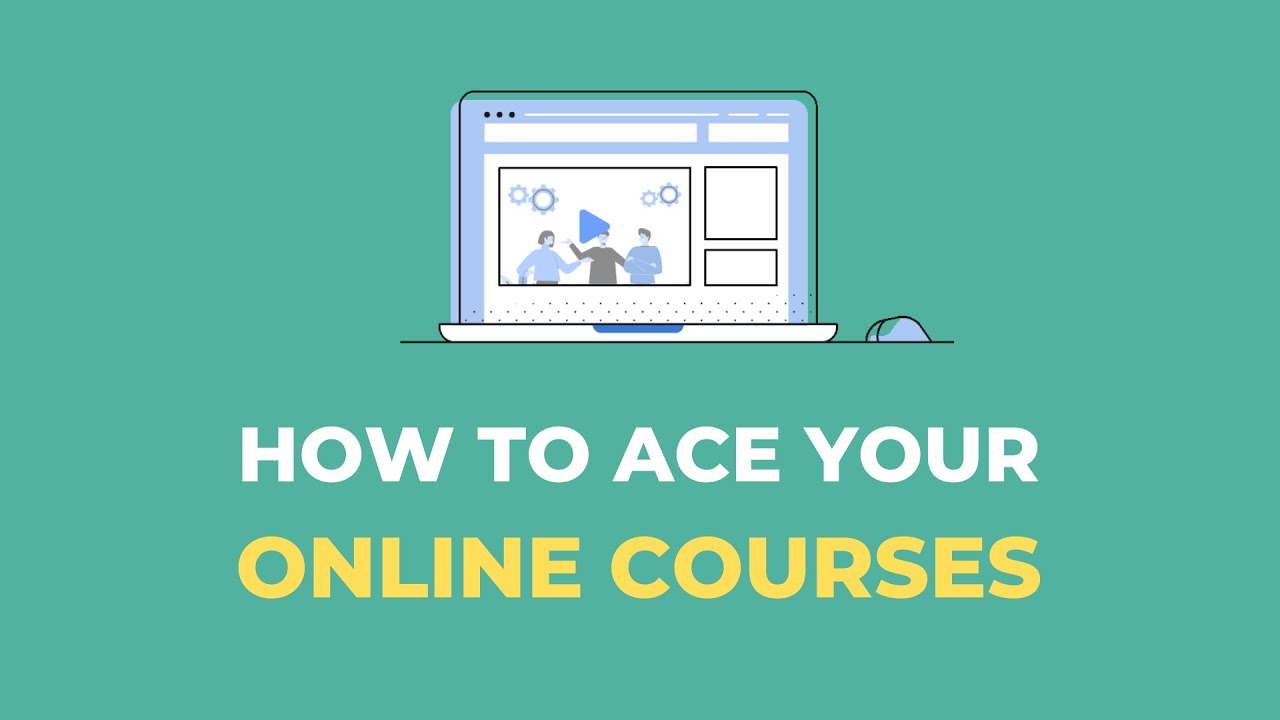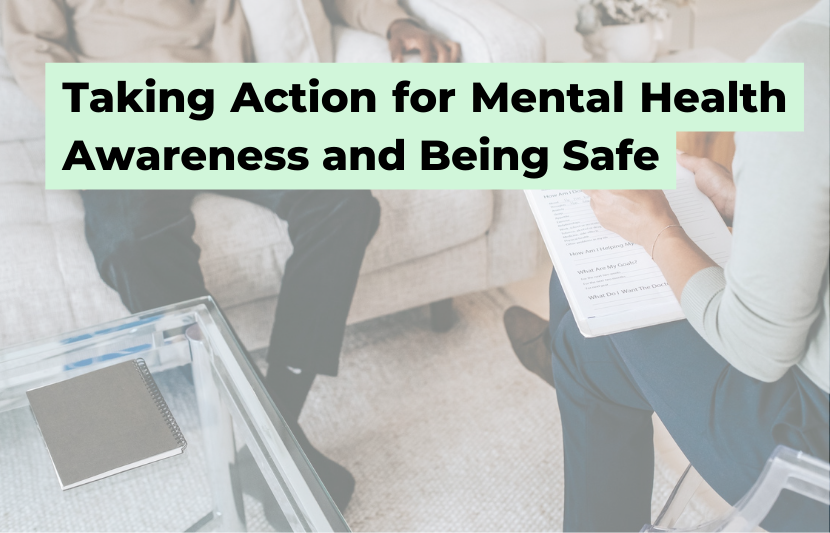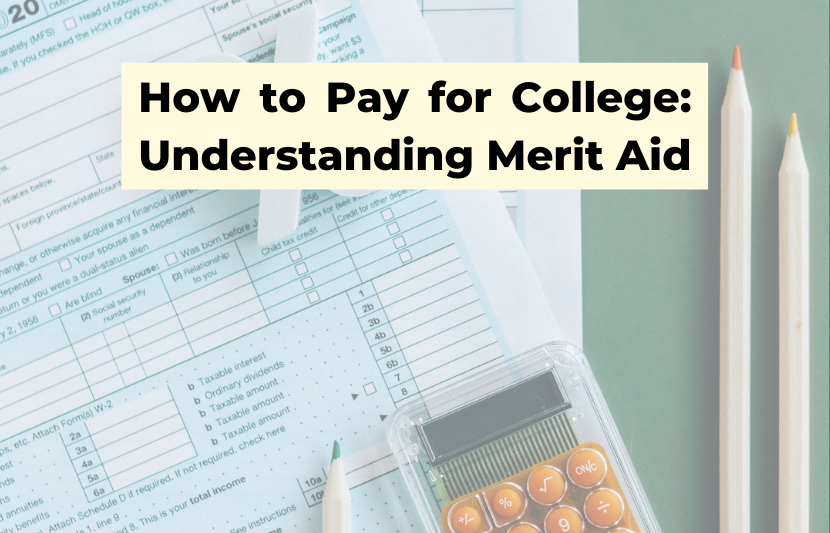In this episode of TUN TV, Dr. Crystal Rose interviews Dr. Loren M. Hill, founder of The Acclivity, about addressing imposter syndrome.
Dr. Rose: Welcome to The University Network TV where we scan the globe to give students, their families, and educators the very best tips for student success. I’m your host today, Dr. Crystal Rose. On this college consulting show, we’re exploring the hidden curriculum in our series on “Academic Navigation: Dealing with Imposter Syndrome.” Welcome back to Part Two.
As we continue to explore Imposter Syndrome in part one, we discuss what it is and why it happens. Maybe this is something that is happening to you. Maybe it’s holding you back. Perhaps you know someone who perhaps is not even applying to a certain school, even in this test-optional environment.
Well, there are ways to address it and to help one through this experience. For this series, we’ve invited a very special guest, Dr. Loren M. Hill, a licensed clinical psychologist and successful entrepreneur. She is dedicated to helping others achieve their highest potential through her company, The Acclivity.
Welcome, Dr. Hill.
Dr. Hill: Thank you so much for having me back, Dr. Rose.
Dr. Rose: In Part One, you shared what imposter syndrome looks like under various conditions and circumstances. So, should we look for solutions from universities or employers to come up with changes to their policies?
Dr. Hill: Absolutely, we should be looking to them for changes and solutions. Oftentimes in society, we look to the person who may be experiencing that thing – in this case, we’re talking about imposter syndrome – for them to find the solution. But actually, that’s not how it works. If someone is feeling like they don’t belong, they’re feeling like an outsider – imagine if you were a host or a hostess and you had someone, and they were the only one who looked like them or they spoke a particular language, you would invite them in and host them and introduce them to others. So, this is a solution that universities and institutions can do is, “Wow, we have diversity and initiative, we’re trying to bring these people in.” It’s not enough to just bring them in. You have to be a good host.
Dr. Rose: So, if there could be one or two changes you would recommend from a university perspective, what would this be?
Dr. Hill: I would say, one of the first things is to just have some awareness. Be aware. It’s not enough to have a policy. You have to be aware of what the outcome is. So, if your policy is to increase diversity, okay, great. Now, what’s going to happen when diverse individuals come into that space? So, awareness.
The second thing is really easy. Just have a partner or a buddy program. We’ve got mentor programs. We’ve got clubs. We’ve got all these things. But I don’t know that there’s a direct purpose to connect individuals to make sure that they stay and feel welcome.
Dr. Rose: I love that – diversity, inclusion, equity, but also belonging. And the revolution of inclusion really stands there, what you shared. So, what are some of the solutions, some tangible exercises when someone is experiencing imposter syndrome? What does it have to do with a person’s bio?
Dr. Hill: If you are feeling it, the university may not know it. They may not see it. Your friends, your colleagues, your classmates may not see it. It often starts with the individual – I’m just feeling like I don’t belong. So, I would say, look around and see what your accomplishments are already. If you’re there, you probably deserve to be there. I would say people in diverse categories have made it not just because they fill a box. It’s because they’ve worked so hard to get where they are. And many times they have worked harder than some others to get there. So, review your accomplishments, and I’m sure you’ll say, “You know what, maybe I do belong here.”
Dr. Rose: I love that – reviewing your accomplishments to really sort of take that in. Are there any other tangible ways to decrease the feelings of imposter syndrome? Any other types of exercises students can do?
Dr. Hill: Yes. One of the things that I would say, coupled with reviewing your accomplishments, is to have somebody else read them to you. Sometimes, we think, “Uh, I’ve just done all this stuff and nose to the grindstone“ and “I’m just doing what I need to do.” But if someone reads your accomplishments to you, you might go, “Wow, I am pretty amazing,” or they will say, “You know what, you’re pretty amazing.” So hearing it in someone else’s voice externalizes it and gives you another sense of validation.
Dr. Rose: There you have it – tangible ways to navigate and address imposter syndrome. Fantastic advice as always, Dr. Hill.
Dr. Hill: It’s my pleasure. Thank you, Dr. Rose.
Dr. Rose: Thank you very much for joining us on this episode of The University Network’s television show. I’m your host, Dr. Crystal Rose. Until next time on TUN TV.
This interview has been edited for clarity.
For more exclusive interviews with experts who share their insight to help students succeed, check TUN TV!
Related:












